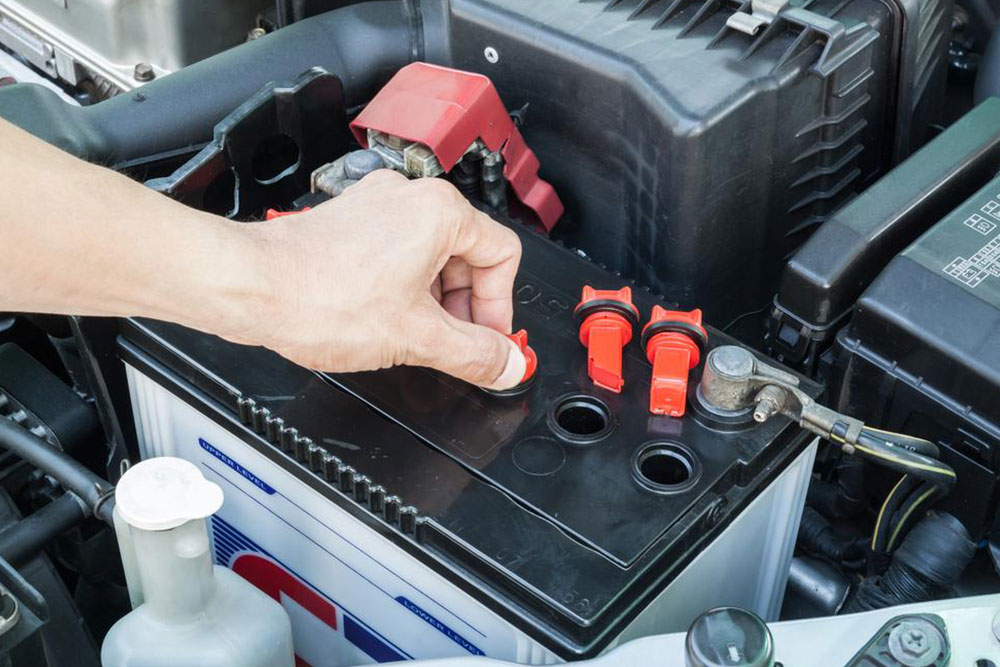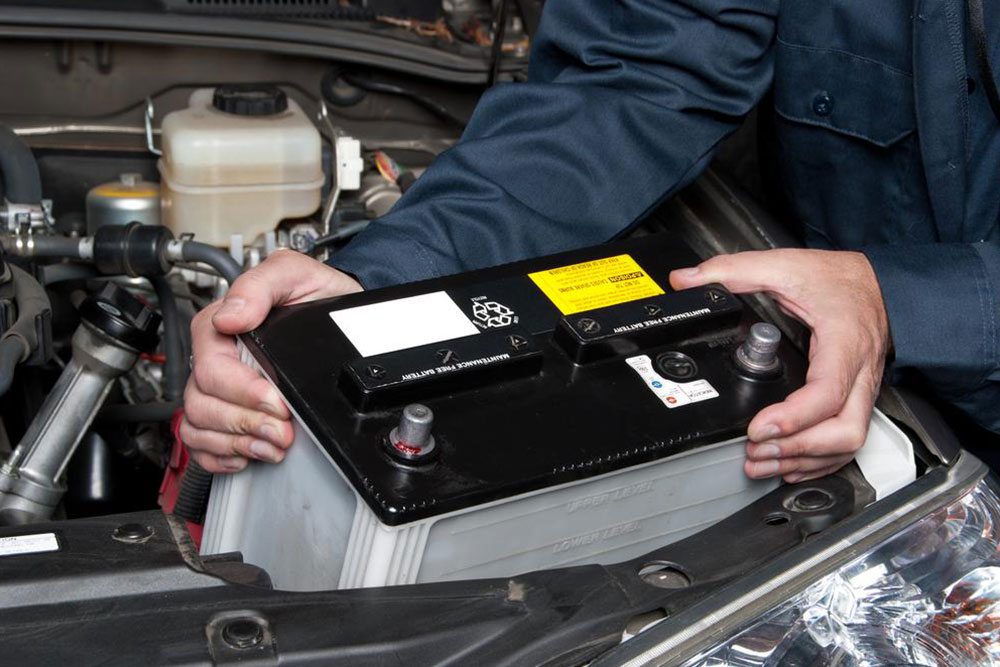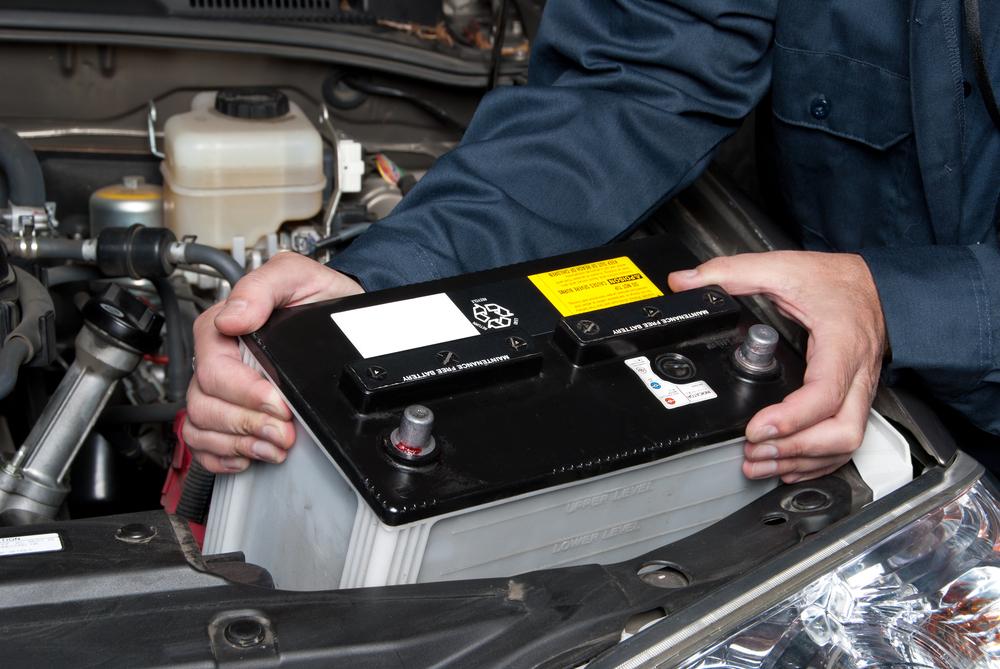Comprehensive Guide to Extending Your Car Battery's Durability and Performance
Learn comprehensive strategies to prolong your car battery's lifespan, including proper driving habits, regular maintenance, and choosing quality batteries. This guide provides practical tips to ensure your vehicle remains reliable and efficient, preventing unexpected failures and reducing long-term costs.

Comprehensive Guide to Extending Your Car Battery's Durability and Performance
Owning and maintaining a vehicle involves a multitude of components working seamlessly together, and among these, the car battery stands as a crucial element. The battery is responsible for powering vital systems such as the ignition, lighting, climate control, and infotainment systems. A healthy, well-maintained battery not only ensures reliable starts but also enhances overall vehicle performance and longevity. Understanding how to properly care for your car battery can save you money in the long run, prevent unexpected breakdowns, and extend the life of this essential component.
Your car battery, much like other vital parts such as brakes and engine components, requires regular examination and maintenance to perform optimally. While batteries typically have a finite lifespan, often ranging from three to five years, adopting straightforward maintenance practices can significantly enhance their longevity and ensure they remain dependable under various driving conditions.
Key Strategies to Maximize Your Car Battery’s Lifespan
Proper battery maintenance involves a combination of habits and preventative measures. Here are some comprehensive tips that can help you keep your battery in top condition, reduce unnecessary wear, and extend its service life:
Prioritize Longer Drives for Better Charging
Frequent short trips are one of the leading causes of battery drain, as they don’t allow the alternator enough time to sufficiently recharge the battery. To counteract this, aim to take longer drives—preferably at least 20-30 minutes—once a week if your routine mostly involves short errands. This practice ensures effective recharging and maintains the battery’s health over time.
Avoid Extended Idle Periods
Leaving your car unused for extended periods can lead to battery self-discharge and potential dead cells. If you anticipate not using your vehicle for more than a week, consider disconnecting the battery or using a battery maintainer or trickle charger. During harsh winter months, this becomes even more critical, as low temperatures reduce battery efficiency. Regular use keeps the battery active and prevents it from deteriorating prematurely.
Switch Off Lights and Electronics When Not in Use
One of the simplest ways to preserve battery life is to ensure all interior and exterior lights are turned off when you exit your vehicle. Many drivers forget about parking lights, interior cabin lights, or charging devices left plugged in. Additionally, avoid running electronic accessories such as GPS units or phone chargers when the engine isn’t running, as these can drain the battery over time.
Be Mindful of Additional Electronic Devices
Modern cars come equipped with numerous electronic features that can strain the battery, especially if they are added aftermarket. Only install essential electronic devices and ensure they are compatible with your vehicle’s electrical system. Overloading your battery with accessories, such as high-powered audio systems or additional lighting, can hasten battery wear and cause premature failure.
Conduct Regular Inspection and Cleaning of Terminals
Corrosion is one of the most common culprits behind battery failure. Periodically inspect the battery terminals for signs of white, green, or blue corrosion. Clean them using a mixture of baking soda and water with a wire brush or toothbrush, then rinse with cold water and dry thoroughly. Proper terminal maintenance improves conductivity and reduces the risk of electrical issues.
Ensure Proper Battery Securing and Handling
A loose or poorly mounted battery can cause vibrations and shocks that damage internal components. Verify that your battery is securely fastened and that the hold-down clamp or bracket is tight. Pay special attention when driving on rough terrain or bumpy roads. A secure battery prevents internal damage and prolongs its lifespan.
Use Quality Batteries and Periodic Voltage Checks
When it comes time to replace your battery, opt for reputable brands known for durability and longer service lives, such as Mighty Max or similar high-quality options. Additionally, utilize a reliable battery tester regularly to monitor voltage levels and overall health. This proactive approach allows you to identify potential issues early, whether it’s a need for charging or complete replacement to avoid unexpected breakdowns.
Choosing the Right Battery for Optimal Performance
Investing in a high-quality, long-lasting battery could be more cost-effective in the long run. Although premium batteries may come at a higher upfront cost, their durability, efficiency, and resistance to extreme weather conditions justify the investment. When selecting a new battery, consider factors such as cold cranking amps (CCA), reserve capacity, and warranty coverage to ensure compatibility with your vehicle and driving habits.
Final Tips for Maintaining Your Car Battery
Regular maintenance, mindful driving habits, and choosing quality components are the pillars of extending your car battery’s lifespan. Always keep an eye on your battery’s condition, perform periodic inspections, and address issues promptly. By integrating these practices into your routine, you can enjoy reliable vehicle performance, reduce repair costs, and avoid inconvenient breakdowns caused by a dead battery. Remember, a well-maintained battery is essential for a smooth and safe driving experience.





